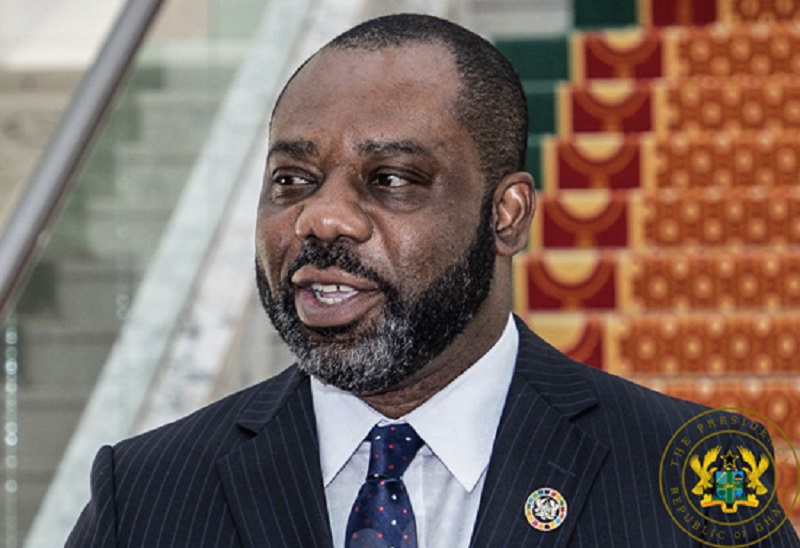The Ministry of Education in a statement cited by Vaultz News on Wednesday, May 20th, 2020 has deleted controversial sections of the Pre-Tertiary Education Bill.
The removed sections had to do with the parts of the Bill that sought to decentralize the education service. The statement indicated that the decision had been reached in consultation with the several stakeholders in the education sector.
The statement, which was signed by the Director-General of the Ghana Education Service, Prof. Kwasi Opoku-Amankwa, said that:
“After a meeting with representatives of the unions in Education on Wednesday 20th May 2020, I am directed by the Hon. Minister of Education to inform you that the Ministry upon reflection has decided to delete the sections which deal with decentralization of the Education Service, namely; sections 29, 30, 31, 32, 33, 34, 35, 36 and 37 of the proposed Pre-Tertiary Bill.”
According to the GES in the statement, the reason the portions of the Bill were deleted “is to ensure that other very important aspects of the Bill can then be proceeded with at Parliament to ensure the final passage of the Bill into law.”
Contentious sections of the Pre-Tertiary Education Bill
The deleted sections of the Bill would have among other things put the management of basic schools, Senior High Schools and TVET institutions under the direct supervision of the District Assemblies, Regional Education Directorates and a Director-General. These supervisory bodies could have made decisions without consulting the Ghana Education Service.
Under section 32(3) of the Bill, the Head of the Local Government Service could have appointed heads and staff of the District Education Unit. He or she would also have been in charge for promotion, transfer, discipline and dismissal of the staff of the District Education Unit.
Section 32(4) of the Bill, placed inter-district transfer of a head teacher or staff of a basic school within the powers of the Head of the Local Government Service. Sections 25(2) and 26(2) of the Bill stipulated that the President of the Republic shall be appointing Regional Directors and their Deputies and determining their terms and conditions of service.
Also, according to section 30(1c) of the Bill, the preparation, administration and control of budgetary allocations of basic schools shall be determined by the District Assembly.
Criticisms
When the Bill was laid in parliament it erupted backlash from the coalition of unions under the GES across the country.
The unions had been incessant on their quest to resist the new Pre-Tertiary Bill because of the lack of consultation among other reasons.
The teachers raised a concern that, the Bill only seeks to give more appointing powers to the political class to the detriment of quality education and the welfare of teachers
The Ghana National Association of Teachers (GNAT), Teachers & Educational Workers’ Union (TEWU), Coalition of Concerned Teachers Ghana (CCT-Ghana) and National Association of Graduate Teachers (NAGRAT) were the unions which kicked against the passage of the Bill which is currently before Parliament.
The Minority leader in Parliament, Mr Haruna Iddrisu also waded into the conversation by saying he was not against “decentralised roles in basic education, but there are legitimate and major concerns raised by the stakeholders” which government ought to listen to. He further asked the question, “Are our Metropolitan, Municipal and District Assemblies ready to do the responsibilities and obligations we are creating for them?
Mr Iddrisu also pointed out that the passage of the Bill will be unconstitutional. He said at the time that, the “President… swore an oath and he swore to uphold the Constitution of Ghana. One of the Pre-Tertiary Education Bills seeks to make secondary education a part of basic education. That is unconstitutional because the Free Compulsory Universal Basic Education is a constitutional provision and in that provision, it did not anticipate the addition of secondary education to basic education.”





















